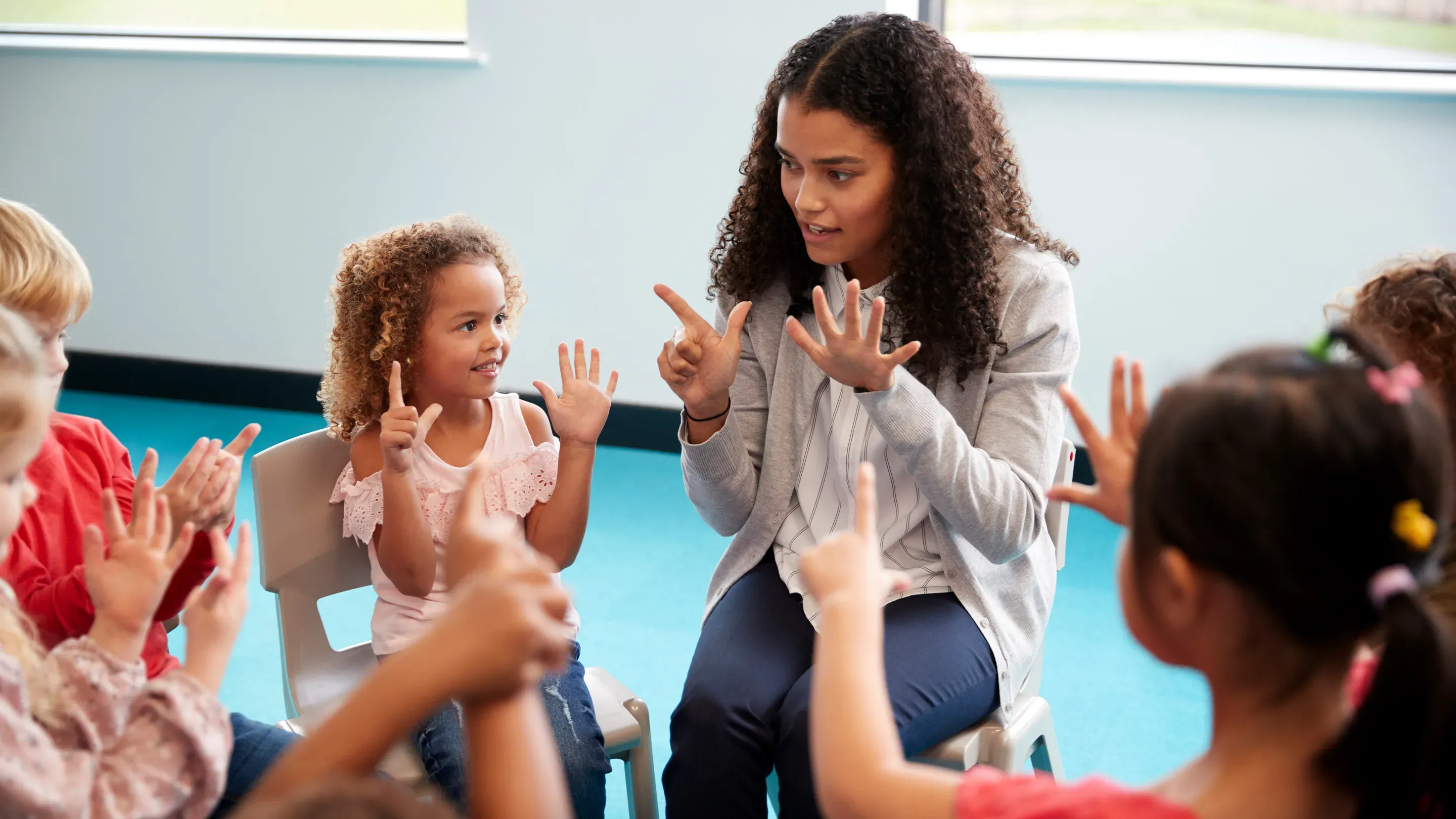
How to Start Building Math Confidence in Preschool
Math has a terrible reputation. Many people are convinced that math is either boring or too difficult. Fortunately, young children aren’t jaded—yet!
Math learning doesn’t start with numbers on a worksheet. The way we use and talk about numbers, patterns, and comparisons in daily life has a far bigger impact on early math literacy and eventual success in formal math classes in school. Even before children learn how to count, they absorb mathematical concepts through everyday conversations and actions, from noticing that one apple is bigger than another, to observing patterns in nature, to noting that a ball and a tortilla are both round (one a sphere and one flat).
Children who develop strong math vocabulary and number sense between ages 3 and 6 perform significantly better in elementary school—not just in math, but in reading as well. The concrete feedback that comes from early math practice helps develop stronger self-esteem and self-perception, leading to greater willingness to experiment with ideas and learn from mistakes.
For us as educators, it’s our job to hype math up—and pass that enthusiasm to the children and to their parents—so that no one utters the dreaded phrase “I’m not a math person.” Because the truth is, we’re all math people, all day, every day—we just don’t realize it.



